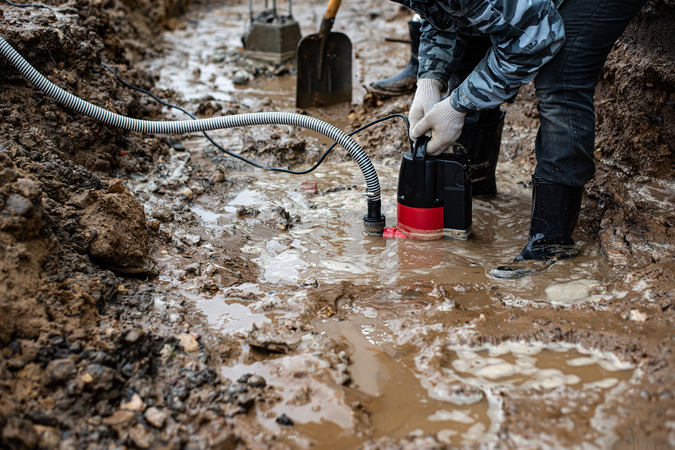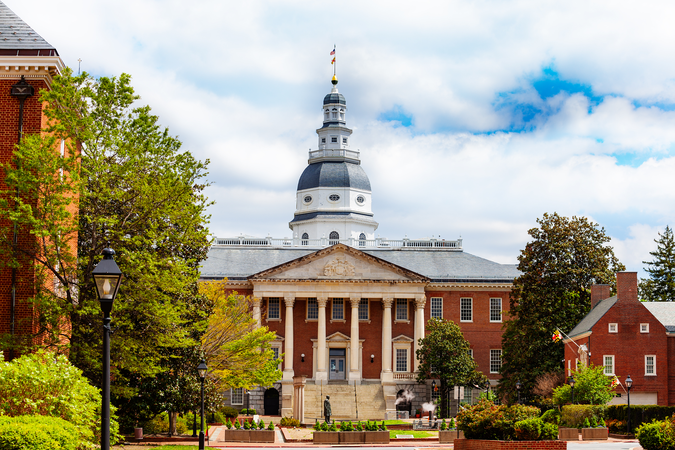Estimating Local Economic Impacts of Reuse of Contaminated Properties
Estimating Community Economic Impacts from the Reuse of Contaminated Properties
A workshop organized by RFF in conjunction with Industrial Economics, Inc. (IEc) and NCEE.
The reuse of contaminated sites is not only a central focus of the EPA and state brownfields programs, but it is also a component of other federal, state, and local programs that address contaminated properties. These include EPA’s Superfund, RCRA, and underground storage tank programs, as well as efforts aimed at cleaning up contaminated sites owned and operated by federal agencies, such as the Departments of Defense and Energy, and voluntary cleanup programs in individual states. A key question each of these programs faces is how to measure the economic impact of reuse on local communities and how to distinguish the economic impacts of cleanup and reuse from their social welfare benefits.
On February 26, 2004, RFF, EPA’s National Center for Environmental Economics, and Industrial Economics, Inc, (IEc) sponsored a one-day workshop to address these issues. Held at RFF’s conference center at 1616 P St, NW, in Washington, DC, participants discussed the available approaches for estimating the impact to communities when contaminated properties are reused, what these estimates mean, and what should be done with them. The workshop brought together approximately 50 economists, other academics, practitioners from the private and public sectors, and senior EPA managers from all of the major cleanup programs (Participant List).
- Workshop Highlights: Summary of Key Issues
(Kate Probst and Kris Wernstedt, Resources for the Future) - Summary of Workshop Presentations
(Industrial Economics, Inc.) - Overview of Existing Studies on Community Impacts of Land Reuse
(Kris Wernstedt, Resources for the Future) - Characterization of Reuse Activities at Contaminated Sites
(Angela Vitulli, Charlotte Dougherty, and Kimberly Bosworth, Industrial Economics, Inc.)
If you have any questions, please contact Kate Probst of RFF at [email protected] or 202-328-5061, or Kelly Maguire of EPA at [email protected].
Agenda
(including speaker bios and speaker presentations)
Welcome and Introductions: Purpose of the Workshop
- Kate Probst, Resources for the Future | Bio
- Marianne Horinko, Assistant Administrator, Office of Solid Waste and Emergency Response, U.S. EPA | Bio
Session I: Setting the Context for Land Reuse
- Characterization of Reuse Activities in OSWER Programs
Angela Vitulli, Industrial Economics, Inc. | Bio | Presentation - Community Impacts of Land Reuse: A Conceptual Framework
Charlotte Dougherty, Industrial Economics, Inc. | Bio | Presentation - Overview of Existing Studies on Community Impacts of Land Reuse
Kris Wernstedt, Resources for the Future | Bio | Presentation - Audience Questions and Discussion
Session II: Measuring Local Economic Impact
- The Economic Impacts of Land Reuse—Economic, Fiscal, and Property Value—Carefully Specifying Actual Versus Perceived Impacts
Robert Burchell, Rutgers University | Bio | Presentation - In or Out? How Measures Influence Milwaukee’s Investment in Brownfield Projects
Beverly Craig, Milwaukee Economic Development Corporation | Bio | Presentation - Comments
Peter Meyer, University of Louisville | Bio - Audience Questions and Discussion
Session III: Measuring Property Values
- Using Hedonic Techniques to Measure Property Values:
What Do (and Don’t) They Tell Us?
Katherine Kiel, College of the Holy Cross | Bio - How Developers Value Land Reuse
Ira Whitman, The Whitman Companies | Bio | Presentation - Comments
V. Kerry Smith, North Carolina State University | Bio - Audience Questions and Discussion
Session IV: Social and Environmental Impacts*
- Ways to Think about Gentrification
Maureen Kennedy, Maureen Kennedy & Associates | Bio - The Economic Benefits of Parks and Open Space
Kathy Blaha, Trust for Public Land | Bio | Presentation - Comments
Gerrit Knaap, University of Maryland at College Park | Bio - Audience Questions and Discussion
* A representative of the environmental justice community was scheduled to be on this panel to provide her views on reuse from an environmental justice perspective, but had to cancel at the last minute due to a family emergency.
Conclusions: Where do we go from here?
Participants

Katherine Probst



